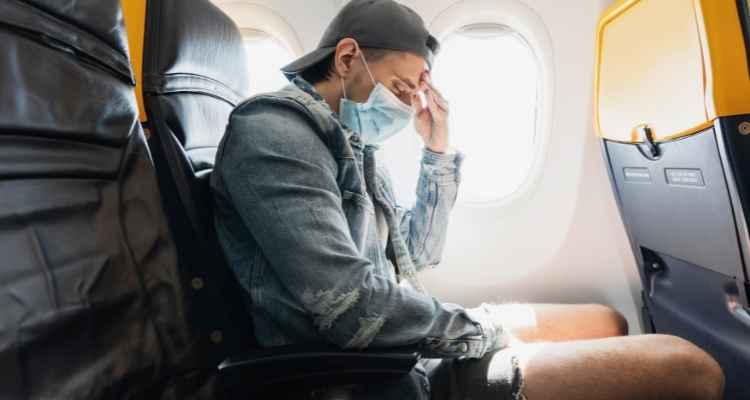This helpful guide will provide you with a detailed, easy-to-understand explanation of what medical repatriation is and how it benefits patients.
Medical repatriation is the process of transporting a patient back to their home country after they become unwell or experience injury abroad.
Medical repatriation is more important than ever before in today’s world, as people are constantly traveling. From family holidays to work trips, the list of reasons to go abroad is essentially endless.
Usually, going abroad is meant to be a fun experience – but it can quickly turn out the other way.
Now, it’s common for people to get sick or injure themselves when they’re in another country. This is a terrible occurrence to happen in your own country and is made even worse when you’re somewhere else (especially if it’s a country with a language you don’t speak).
Why is Medical Repatriation Important?
When a person becomes seriously unwell or injured (and is unable to care for themselves and return home safely), it’s absolutely essential that they use a medical repatriation company. This will ensure that they can return home safely to see their usual doctors.
Without medical repatriation, a person will struggle to return home safely in these types of situations – even when they have friends or family with them. The support of professionals who are trained to transport unwell patients is key.
Plus, the attempt to return home without medical support can potentially lead to symptoms worsening.
As an example, a person might have seriously injured their leg while hiking in another country’s mountains. After initial treatment from a nearby hospital or drop-in center, they will still face the task of having to get back home. By doing this alone, they may worsen the condition of their leg and make a bad situation even worse.
What Steps Should a Patient Take When Unwell or Injured in Another Country?
The first (and most important step) is to contact a medical repatriation company, which will then be able to create a plan and take immediate action. Usually, this will involve flying out trained nurses to be with the patient.
In addition to this, patients should contact their friends and family and get any medication they need (such as painkillers). This will help to control the situation until the nurses arrive.
How Medical Repatriation Helps Patients
The process of medical repatriation comes with lots of benefits, including:
Reduced Risk of Further Health Complications
When a nurse (or nurses) flies out to care for and transport a patient home, this significantly reduces the chances of further health complications. Nurses are trained professionals who will be able to help control and treat the problem while managing medications and medical equipment. In some circumstances, they can be literal lifesavers.
Elimination of Language Barriers
Being unwell or injured in another country is made even scarier when there’s a language barrier. However, a medical repatriation company can use local contacts and translators to work with a patient and ensure that everything is taken care of.
Less Stress and Worry
Medical repatriation is guaranteed to reduce the stress and worry that a patient is experiencing because they will know that they’re being taken care of. When their stress levels are reduced, they will be able to journey home in a more controlled manner without having to panic about what could go wrong.

